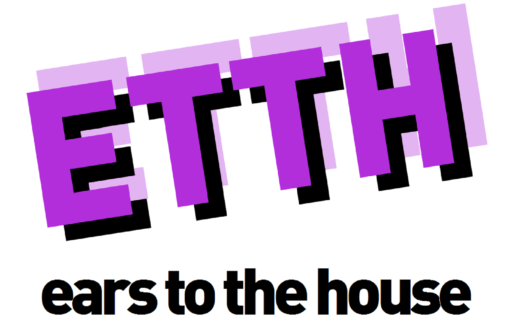Everyone seems to agree that the streaming model doesn’t pay in the way that it should. Even the major labels admit that there are issues within the current system – despite them being by far the biggest beneficiaries of this setup. What no one can quite work out, however, is how to resolve the problem.
Purists think that we should ditch streaming and go back to the days of selling cassettes, CDs, and vinyl. You then have other people who argue the problem is labels enforcing contracts with rules that don’t make sense in the digital era. And then there’s those who think the streaming companies should just stop being so stingy.
Spotify think they’ve stumbled across the answer – they’re going to keep their pro-rata royalty system, but three big changes are coming. The first is a minimum number of streams will be required before payments start being made – not exactly good news for underground dance artists who might not have that many listeners on the platform.
Second is financial penalties on distributors when fraudulent activity is detected by the website, and third is introducing a new minimum play time for non-music files – without stating what the new minimum will actually be. Ears To The House has little gripe with the second and third – why silence should be paid at the same rate as music is beyond us.
But the first? Sources wouldn’t specify the new limit when contacted by Music Business Worldwide – but one who they described as “well-placed” said “Spotify says tracks that [currently] represent 99.5% of ‘Streamshare’ will continue to monetize after these changes”.
This doesn’t seem like good news for less mainstream artists – who might now have to find ways to increase their follower numbers on the likes of Spotify to even qualify to continue receiving payments for their work. Nor does it seem a good deal for Spotify itself – the company will only save around $40million per year doing so, and let’s remember that it has never made a single penny of profit in its 17 year existence.
However, this does appear to be potentially good news for Lucian Grainge and Universal Music Group. It might mean even more money in the pot for the boss himself – he has to make do with a $150million compensation package this year…








